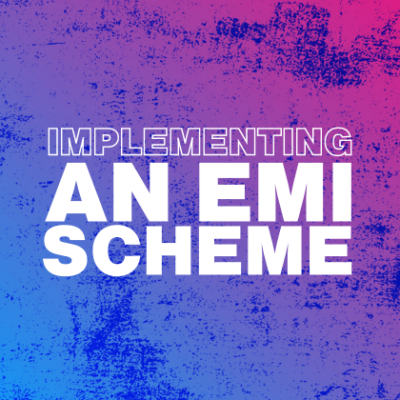Enterprise Management Incentive (“EMI”) schemes are a popular choice for startups and scaleups competing to attract, motivate and retain key talent.
Our Tech & High Growth team has supported hundreds of companies through the implementation of an EMI scheme or the fine-tuning of an existing scheme, and in that time, we’ve identified six critical pitfalls to avoid (there are also others!).
These missteps in the design and administration of an EMI scheme can cause significant issues, and if they surface in the lead up to a transaction as part of due diligence, for example, they could be costly too.
1. ‘Promised Shares’ and Delaying the Grant of Options
A common scenario in scaling businesses involves founders promising share options to key team members but postponing the actual grant.
The tax implications are determined at the time of granting the option or awarding shares, not at the time of the promise. That means delaying the grant can result in a higher company valuation, thereby reducing the potential benefit to participants. So, to maximise the value for your team, it’s advisable to grant options as promptly as possible. Procrastination can lead to increased costs, and ultimately, diminished incentives.
2. Neglecting Proper Valuations
While obtaining a valuation isn’t a strict requirement, it’s an important step in the EMI process. Without an agreed-upon valuation with HMRC, your scheme is vulnerable during tax due diligence, especially during transactions. An agreed valuation tends to be in play 99 times out of 100!
Failing to secure this agreement can result in portions of sale proceeds being eroded by PAYE or National Insurance charges. It’s essential to disclose all material facts to HMRC, including recent fundraising events, to ensure the valuation’s validity. Remember, HMRC’s valuation approval is typically valid for 90 days, and exceeding this period means you’ll need a re-evaluation to support the valuation conclusion.
3. Granting Options Below Market Value
Offering options below market value can make exercises more affordable for employees but can carry significant tax implications.
The difference between the exercise price and the market value at the time of grant is subject to income tax and possibly National Insurance. This situation often arises when valuations are outdated, incomplete, or absent. Additionally, granting options below market value can lead to charges upon future sales, potentially diminishing the intended benefits of the EMI scheme. To mitigate these risks, consider making a s431 election within 14 days of exercise to address potential tax liabilities.
4. Overly Rigid Performance Conditions
Setting stringent performance conditions for option exercises can backfire if unforeseen circumstances, such as economic downturns or global events like a pandemic, impede the achievement of these targets.
In such cases, boards may wish to adjust conditions to allow exercises, but significant variations can be viewed by HMRC as a lapse and re-grant of options. If this occurs near a sale event, it could nullify the tax advantages of the EMI scheme. Therefore, it’s advisable to design performance conditions with flexibility to accommodate any unexpected challenges.
5. Disqualifying Events
Certain events can disqualify EMI options, stripping away their tax benefits. Key disqualifying events include:
- Failing the Working Time Requirement: Participants must dedicate at least 25 hours per week, or 75% of their working time, to the business. Founders or key employees involved in multiple ventures may inadvertently breach this requirement, leading to disqualification.
- Change of Company Control: If the company comes under the control of another entity, such as through a VC or PE investment involving a corporate structure, it can trigger disqualification unless replacement options are granted.
- Variations in Share Terms: Altering the terms of the option scheme or underlying shares in a way that shifts value to participants can constitute a disqualifying event.
6. Missing Deadlines
Timely compliance is vital. Grants must be notified by 6 July in the following tax year via the online Employment Related Securities portal, and any failure to meet this deadline can invalidate the EMI scheme.
Additionally, participants are required to sign a working time declaration at the time of grant. Since April 2014, this declaration should be incorporated into the legal documents, typically within the option agreement itself.
While EMI schemes are powerful tools for fostering growth and securing talent, paying close attention to their design and administration is essential, and working with a specialist adviser carries huge benefits.
If you’re looking to implement your own EMI scheme, or you’d like a second opinion on a scheme that’s already in place, get in touch with our Tech & High Growth team today.






















